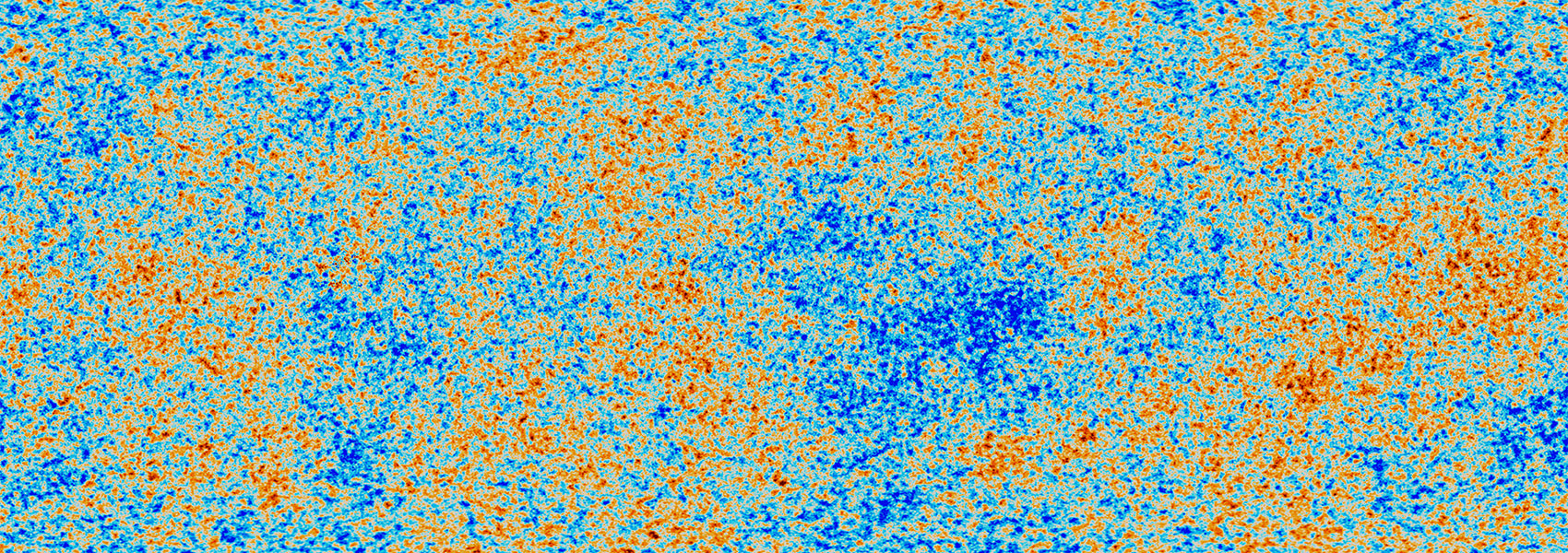
Nancy Kiang (GISS): "Systems Science for Sparse Planetary Statistics: Habitability Parameters From A ROCKE-3D Perturbed Parameter Ensemble"
Until surface water on a rocky exoplanet can be directly detectable, to infer the planet’s potential habitability the scientific community must rely on very few available variables about the planet, its parent star, and perhaps neighboring planets. Meanwhile, a planet’s climatology involves circulation patterns influenced by numerous physical parameters that will not be observable. An approach is needed to quantify uncertainty in estimates of habitability, merging both the large sparse statistics of exoplanet observing missions and the physical understanding of complex climate models. I present statistical relationships between a variety of planetary parameters and habitability metrics derived from an 84-member perturbed parameter ensemble (PPE) of Earth-size all-land planets simulated with the ROCKE-3D general circulation model. On these idealized planets, water was free to circulate and pool according to their climatologies. A Latin Hypercube Sampling (LHS) scheme was used to sample from 10 variables: stellar temperature, irradiance (hence orbital period), rotation period, obliquity, surface pressure, N2-CO2 atmospheres, surface albedo, surface roughness, soil texture, and initial water content; eccentricity is zero. The significance of these parameters and uncertainties are quantified for predicting such global-scale metrics as planetary albedo, surface temperature, the lifetime of water on the planet against atmospheric escape, and other quantities relevant for constraining planetary targets in the search for life elsewhere.
- Date: 12:15 PM, May 4th, 2022
- Location: Online only; for the Zoom link, please join the IPAC seminars mailing list at https://lists.ipac.caltech.edu/mailman/listinfo/seminars or e-mail us at talks@ipac.caltech.edu.
- Category: Science Talk


